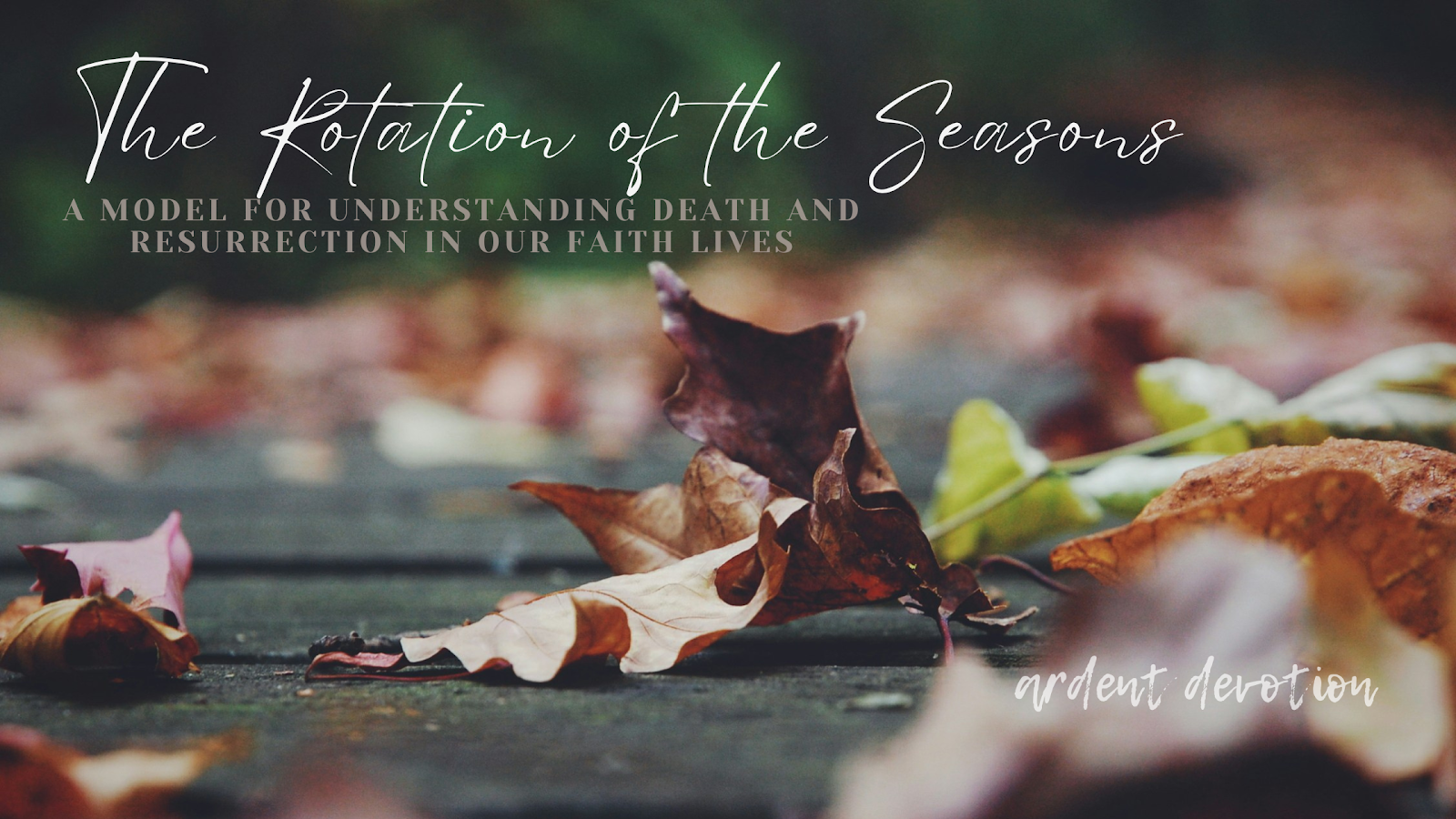Not Just Bottled-Joy Jesus
At my first ever Catholic youth conference,
aged fourteen, I remember asking a girl with an enormous smile on her face if
she was this happy all the time. Her answer stuck with me: “Why would I need a
sad face when I have Jesus?”
I made it something of a motto. On NET,
learning to evangelize our culture, we explored the idea of Contagious
Christianity, and meditated on Pope Francis’ apostolic exhortation The Joy of the Gospel: The Church doesn’t
need sour-faced Christians. Young people – any people – are attracted to what
they think will make them happy. So smile. Get excited. Figure out what you’re
grateful for and let that be at the front of your brain rather than things you
want to complain about.
With time, positivity had come to rank high on
the list of traits by which I wanted to define myself. Article number one on my
list of ‘The Woman I Want to Be’ is “someone who radiates the joy of the
Gospel.”
And on the whole, I’ve done a pretty dang good
job of it. On Sunday I was introduced with the words, “This is Kate. She’s
bottled joy.” I take it as a compliment when someone asks me “How are you so
happy all the time?” When I’m tempted to *another emotion* (shock horror), I
play Pollyanna’s Glad Game in my head to return to a base level of positivity.
But I’m really not
sure that’s a good thing.
In the last week I’ve spoken to a few friends
who admitted they didn’t much like me at first – because I was too happy.
I got reasonably confused, and brought this
idea to prayer with a bit of sadness and irritation. How can joy repel? I asked
Jesus. Why would positivity be a negative? Why should happiness actually put
people off sometimes?
Surely, Christianity is a call to be filled
with Resurrection Joy that nothing can overpower?
But the Lord drew my heart to some of the loveliest
words in the Gospels:
Jesus wept.
When God met with human suffering, He didn’t
just look for the silver lining. He didn’t say, “I know you’re sad right now,
but let’s make a gratitude list and remember that I make all things work
together for the good of those who love me.” He didn’t grin.
He had a sad face, because He loved Lazarus
with an authentic human heart.
He had an angry face when He overturned tables
in the Temple.
He had a weary face at the end of a long, hard,
hungry day.
He had a pain-stricken face when they drove
nails into His hands.
He had a human face.
We are called to become more and more the image
of that face. Not a relentlessly cheerful grinning face: a truly, messily, and authentically human face.
Incarnation means a
God who doesn’t merely transcend human emotion, but inhabits it.
He isn’t a caricature, He is Emmanuel. God with
us – God experiencing the fullness of everything we experience and rendering it
valid.
He is fully human, as well as fully divine. As
His disciples, we are invited to become Incarnate with Him, and wholeheartedly
enter the mess of human suffering, allowing ourselves to hurt and to be
affected by real emotions.
Blessed are those who
mourn.
Meditating on these words and actually trying
to take them to heart for the first time in my life has been a huge paradigm
shift.
Because I know I don’t want the God who
weeps and is angered and feels the very real pain of the crucifixion. I want bottled-joy Jesus, and I want to be a bottled-joy disciple. I want The Happiness Project, and sure-fire
ways to eliminate cumbersome emotionality from my life. I’m addicted to the
version of myself that has learned to suppress sadness and stress with a
gratitude list and a quasi-religious understanding of Love.
It’s not that I’ve been in denial of other emotions, necessarily – more accurately, I’ve been afraid of the day when I won’t be able
to safeguard against them. I’ve been afraid of the human fallibility that will
at some stage allow grief or anger or pain to outweigh positivity, and thus
make me a ‘failure’ as an evangelist.
But joy isn’t the marketing tool for
Christianity. Authenticity is. Incarnation is.
We need never be afraid of our humanity,
because He chose it too. He chose to weep. He chose to experience pain. He
chose ‘real, raw, authentic, and messy.’
So why are we so scared to?
I think it’s time for a shift in the way we
view the legitimacy of emotions as Christians – not least because there are
times when people genuinely do experience positivity as a condemnation of their
own current or chronic incapacity to see the bright side.
Being a follower of Jesus isn’t just about
finding happiness in Him and forcing that happiness upon others. Faith and
sadness are not mutually exclusive categories – the cultivation of the former
need not mean the suppression of the latter. Our God doesn’t invalidate grief or
call us to become two-dimensional disciples.
He invites us to “life to the full," with all that that entails. I want to
start choosing to be fully alive – not just an automaton of joy. Not just
little-miss-sunshine. An authentic disciple of the Incarnate God.
~~~
AMDG







Comments
Post a Comment